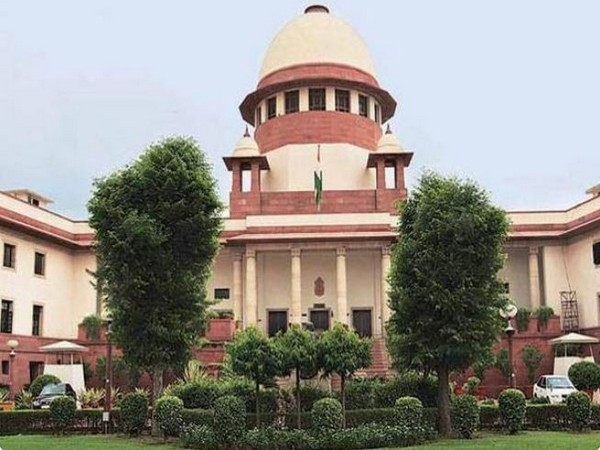SC Ruling: Unilateral Arbitrator Clauses in PPP Contracts Unconstitutional
In a landmark decision, the Supreme Court ruled that unilateral arbitrator appointment clauses in public-private contracts violate Article 14 of the Constitution. The judgement emphasizes equal treatment of parties during arbitrator appointments, challenging clauses that permit one party to solely appoint arbitrators, raising concerns over impartiality and fairness.

- Country:
- India
The Supreme Court has delivered a pivotal judgement declaring unilateral arbitrator appointment clauses in public-private partnership (PPP) contracts as unconstitutional under Article 14. A bench led by Chief Justice DY Chandrachud highlighted the importance of equal participation from all parties during arbitration proceedings, marking a significant shift towards fairness and impartiality in such appointments.
Chief Justice Chandrachud's ruling emphasizes that the principle of equal treatment must be upheld at every stage of arbitration, including the appointment of arbitrators. The court argued that any clause allowing one party to unilaterally select a sole arbitrator could cast doubts on the arbitrator's independence and impartiality, thereby undermining the arbitration process.
Justice Hrishikesh Roy and Justice PS Narasimha, through their individual judgements, reinforced this stand, noting that while the Arbitration Act does permit certain autonomies, the path to appointing arbitrators must always ensure a balance of power. Justice Narasimha insisted on the court's duty to scrutinize any agreement perceived to contravene public policy, ensuring the establishment of an independent tribunal.
(With inputs from agencies.)










